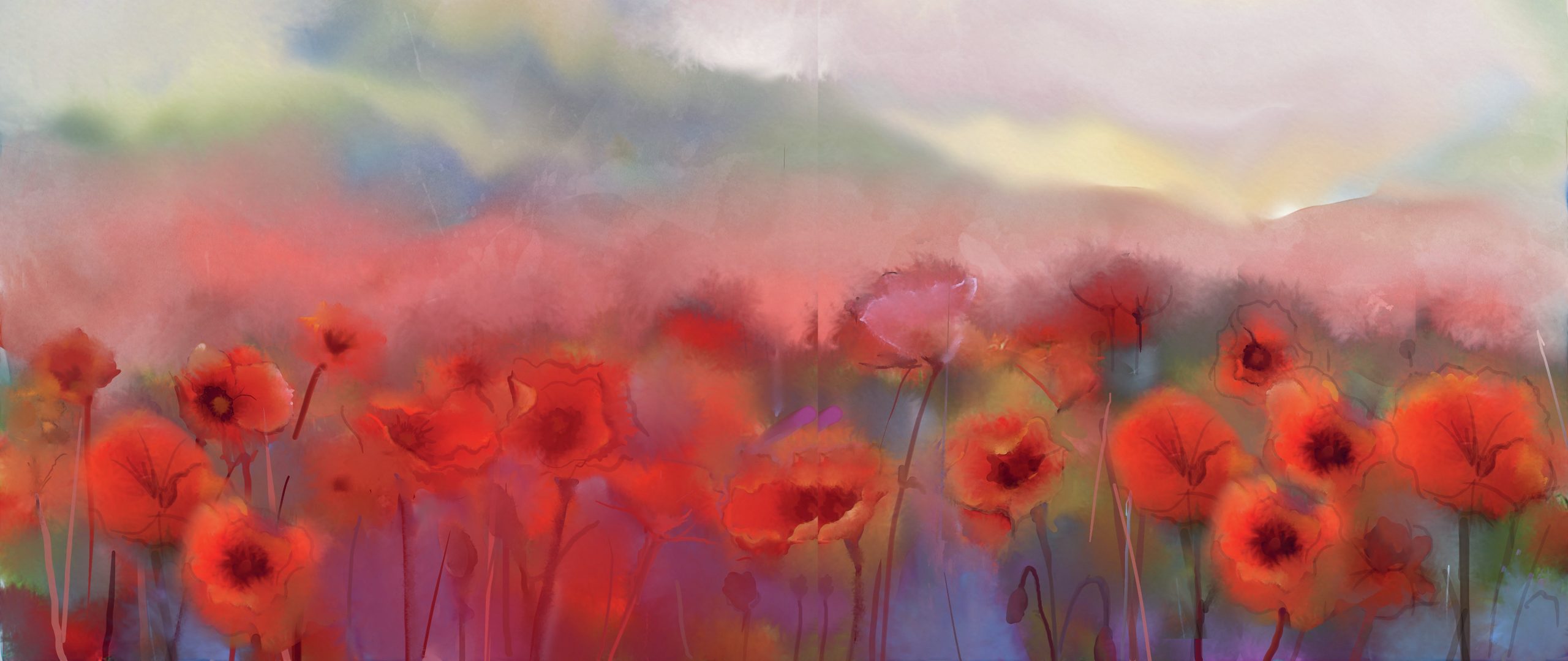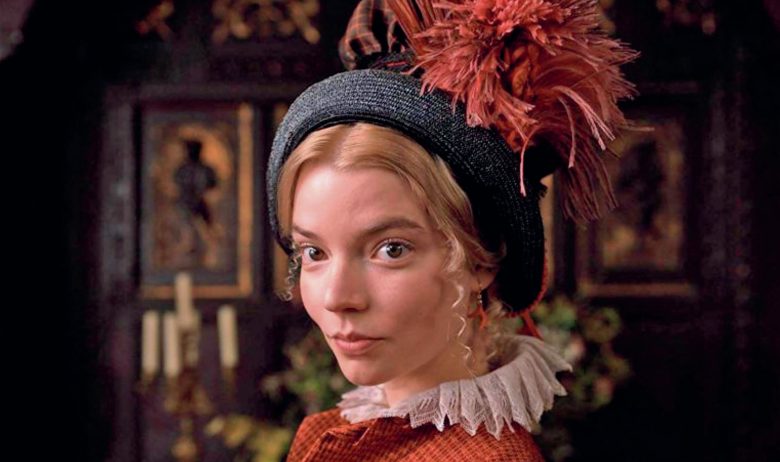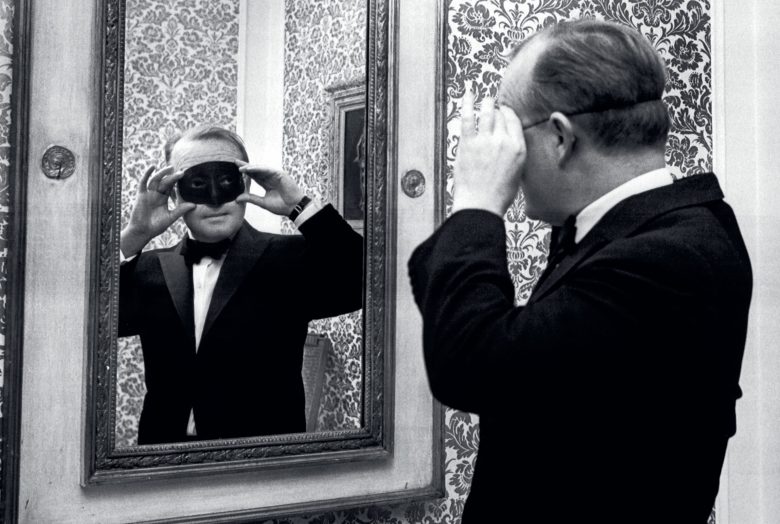
The publication of Scars Upon My Heart in 1981 was momentous. Not only was First World War poetry by women heard collectively for the first time, but this in turn necessitated a thorough revision of how poetry of this era was to be classified, valued and understood.
These pioneering achievements of the collection are closely intertwined. Here was poetry that did not fit the received narrative formed from postwar publication of a narrow band of soldier-poets — the first-hand story of horror, suffering and anger, typified and indeed overshadowed by the poetry of Wilfred Owen. Prior to the publication of Scars Upon My Heart, the privileged authority of combat experience was secure. The writing of ‘war poetry’ was the preserve of those who had taken part in the fighting. Since women were not allowed to serve on the front line, they were automatically non-combatants and their poetry was not accepted as ‘war poetry’ simply because they were excluded from what a patriarchal culture defined as the experience of war. Editorial decisions made by those selecting poetry to represent the First World War meant that women’s voices were at best sidelined, at worst silenced.
Your organisation does not have access to this article.
Sign up today to give your students the edge they need to achieve their best grades with subject expertise
Subscribe




